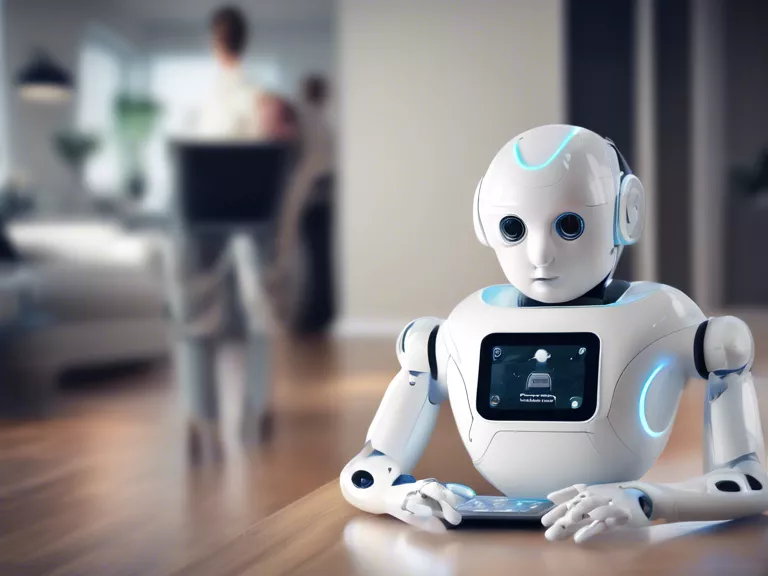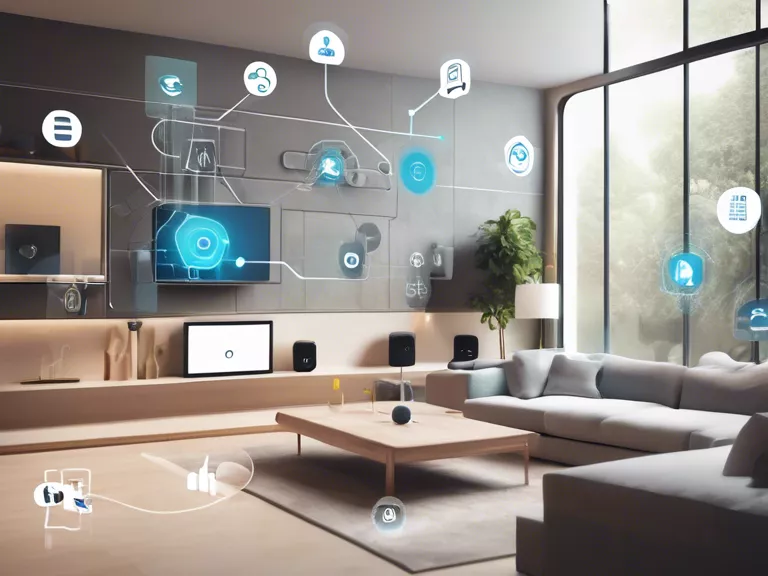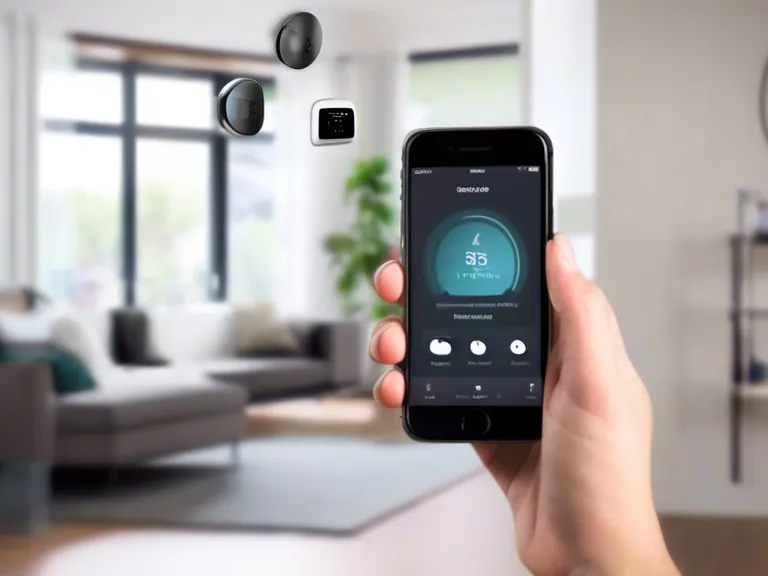
The Future of AI in Smart Homes: Learning from User Behavior to Anticipate Needs
With the rise of smart technology and the Internet of Things (IoT), our homes are becoming increasingly interconnected and intelligent. Artificial Intelligence (AI) plays a crucial role in enhancing the capabilities of smart homes, allowing them to learn from user behavior and anticipate their needs.
One of the key advancements in AI technology for smart homes is the ability to analyze data from various connected devices and sensors to understand how people interact with their living spaces. By collecting and analyzing this data, AI systems can learn patterns and preferences, allowing them to predict and automate actions to make the home environment more comfortable and efficient.
For example, AI-powered smart thermostats can learn the temperature preferences of users and adjust the heating or cooling systems accordingly. Smart lighting systems can also adapt to user behavior, automatically adjusting the brightness and color of lights based on the time of day and activities being performed in different rooms.
Another important aspect of AI in smart homes is the ability to enhance security and safety. AI algorithms can analyze data from security cameras, motion sensors, and smart locks to detect suspicious activities and alert users of potential threats. This proactive approach to home security allows for immediate action to be taken, potentially preventing incidents before they occur.
Furthermore, AI can also help users save time and energy by automating routine tasks such as grocery shopping, meal planning, and cleaning schedules. By learning from user behavior and preferences, AI systems can suggest personalized recommendations and reminders to streamline daily activities and improve overall productivity.
In conclusion, the future of AI in smart homes is moving towards a more personalized and intuitive experience for users. By leveraging the power of AI to learn from user behavior and anticipate needs, smart homes can become more efficient, secure, and convenient than ever before.



